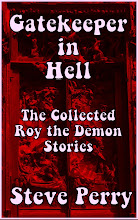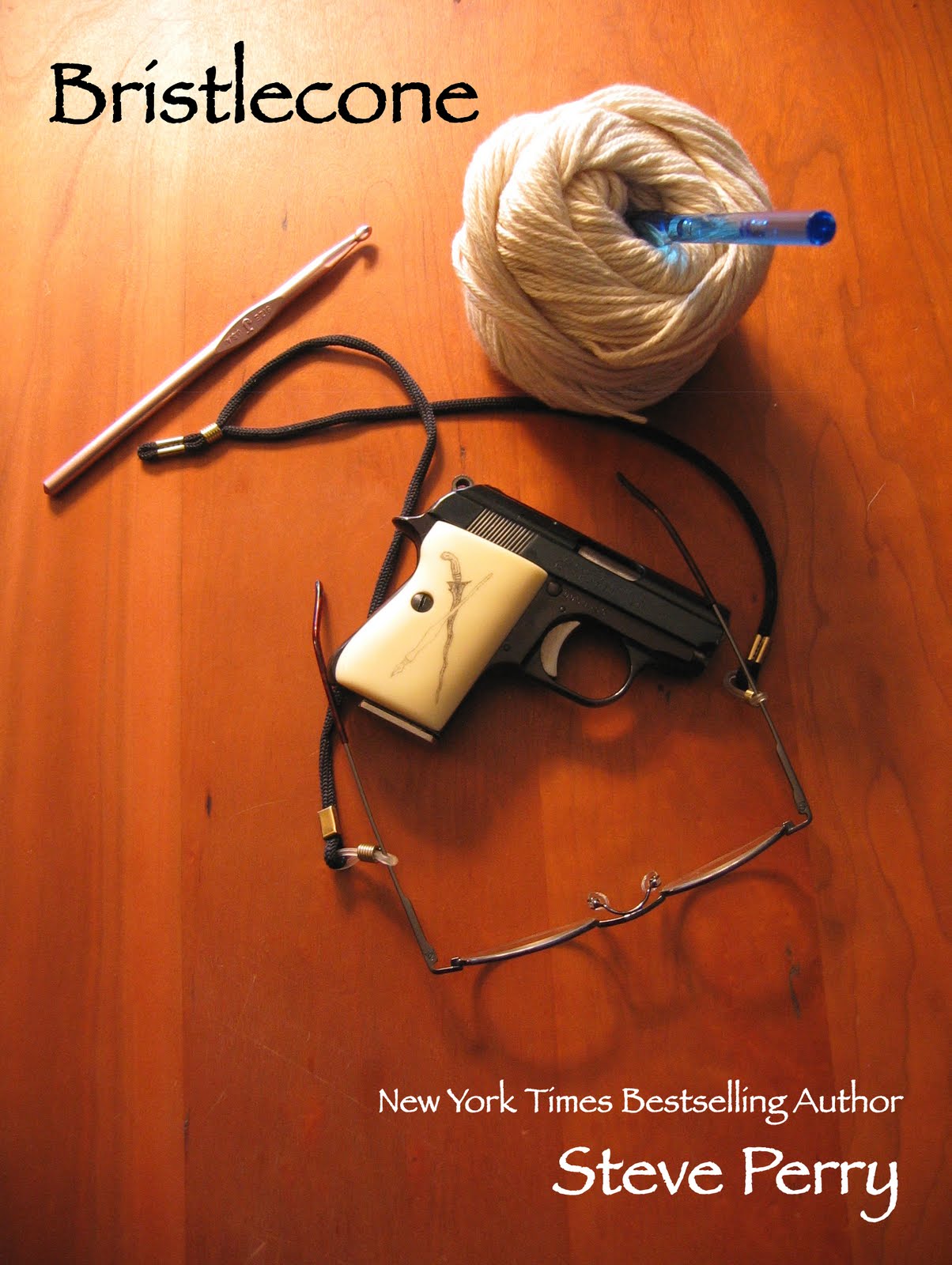I just finished reading Tom Russ's short memoir, Four Guitars (More or Less), an exploration of his relationship to music and more specifically, to acoustic guitars. Russ, a professor at the College of Southern Maryland, started out as an accordion player until bitten by the rock bug, whereupon he switched to guitars.
The title of this post GAS, stands for "Guitar Acquisition Syndrome," and for those who have it, no explanation is necessary. If you've never heard of it, this is a compelling need to find and buy a new instrument that, at the time, will seem perfect. But not, alas, for long. In short order, the need comes back, and like the quest for the Holy Grail (which it essentially is) the addiction can be fought but never completely defeated ...
(GAS can also stand for Gun Acquisition Syndrome, which is a variant of the same disease, as is Knife Acquisition Syndrome ...)
Hi, my name is Steve, and I'm a guitar addict.
Hi, Steve!
(GAS can also stand for Gun Acquisition Syndrome, which is a variant of the same disease, as is Knife Acquisition Syndrome ...)
Hi, my name is Steve, and I'm a guitar addict.
Hi, Steve!
According to Russ, the average acoustic guitar player owns seven guitars, and most of them don't play out in public, but jam privately or woodshed at home.
Russ spends a fair amount of time detailing his personal jones, and how he eventually came to terms with it.
Sort of ...
He also offers some history of the instrument, some statistics about who plays and who makes them, and that we are living in the Golden Age of Acoustic Guitars. He talks about woods, dips into carbon fiber, and offers up a nice overview of the ins and outs of the unamplified life. It's well-written, informative, and a fun read, particularly from a college professor.
I find guitar memoirs to be interesting, not the least reason being because of how I see myself in them. Russ, like so many of us Baby Boomers, got his first guitar, played a few chords, then stuck it in a closet and seldom touched it for decades.
Me, too.
Then he came back to the instrument with a renewed interest. Bought some new ones better than the old ones, and started teaching himself, using the internet for instruction.
Me, too.
Then he realized that he needed a real teacher, who could point out stuff he was missing, and began taking lessons. Got into scales and theory, though not in a major way. Learned to play some fingerstyle and chord/melody stuff.
Me, too ...
Then he wrote a book about it.
Me, too ...
















No comments:
Post a Comment